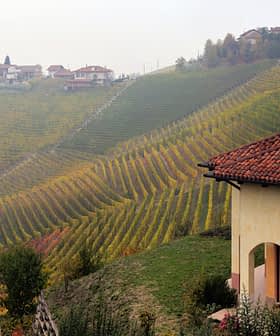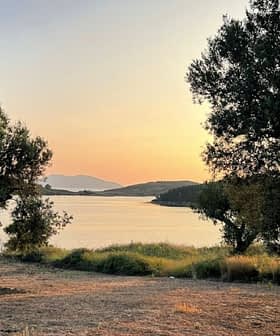Herzegovina may seem an unusual region for olive and olive oil production. Over the last five years, however, the Balkan country has jumped into the field and have begun to consider more seriously the possible economic impact of cultivating a crop that has been a staple of neighboring Greece and the Mediterranean for centuries.
In 2011, Balkan Insight reported on a company, KM, in Macedonia, that was to be the country’s first to pioneer production of olive oil. With a plantation of 13,000 olive trees located close to the small town of Dojran near the Greek border, KM set a goal of 300 tons of olive oil produced for both exports and the local market.
In cooperation with both members of Skopje’s Faculty of Agriculture and Greek professors from Thessaloniki University, the company also set out to develop a new cultivar, “Marsela,” that would be better suited to growing conditions and the climate of Macedonia.
KM’s plans were just the beginning. Today, Balkan News published a story about the municipality of Stolac’s olive growers, members of the Association of Herzegovina Fruits of Mediterranean, who received a brand new, mini oil refinery to be shared among the growers of the area.
The oil processing device was provided through the efforts of a pilot project designed to improve quality and assist in the overall growth of the budding oil industry there. Previous efforts required pricey transport to large, communal refineries and often, quality was compromised.
With the opportunity provided by the new technology, growers hope to attract investors and further the growth of the industry as a whole.
Still, olive oil from The Balkans might appear to be a long way from showing up on U.S. market shelves. Or maybe not.
Last month, “An Olive Oil’s Unlikely Journey From the Balkans” was a featured story in the East Hampton (New York) Star. Through the efforts of New York-based attorney Andrew Strong who found himself involved in a legal battle designed to defend Kosovo’s former prime minister Ramush Haradinaj, oils produced in the region bordering Albania have now found their way to shops in eastern Long Island.
In Mark Segal’s article, Strong discusses his time traveling around the area. “There were mountains covered in olive trees diving down into the Mediterranean. And the tradition of pressing olives by hand had remained unchanged for more than 2,000 years…The area has hundreds of olive farmers, some with only two or three trees.”
These farmers are partnering with Strong to bring their organic Kalinjot olive oil to stores as prominent as Zabars in Manhattan.
Strong is keeping the scale of his operation small, with everything bottled by hand. “Maintaining small batches ensures quality,” he said.








